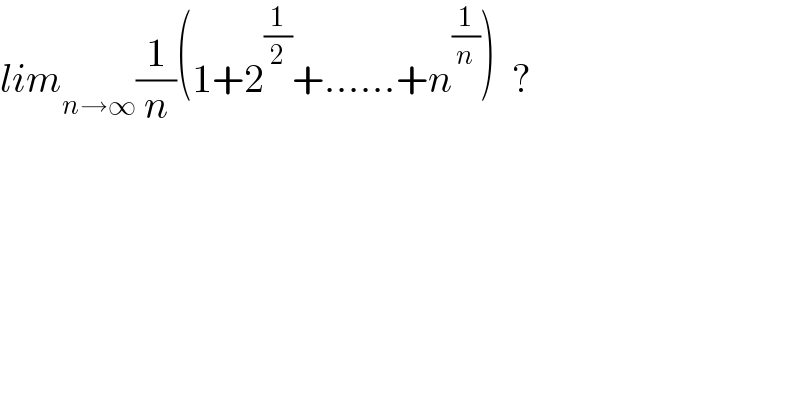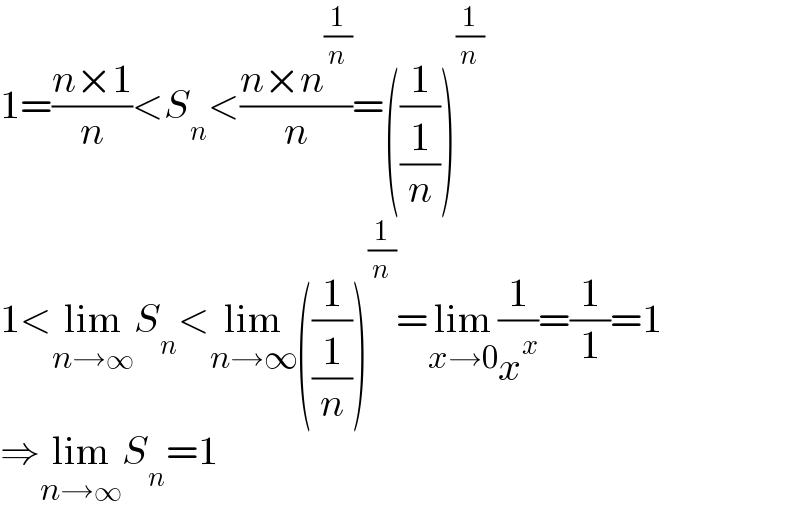
Question and Answers Forum
Question Number 143156 by mohammad17 last updated on 10/Jun/21

Answered by mr W last updated on 10/Jun/21

| ||
Question and Answers Forum | ||
Question Number 143156 by mohammad17 last updated on 10/Jun/21 | ||
 | ||
Answered by mr W last updated on 10/Jun/21 | ||
 | ||
| ||